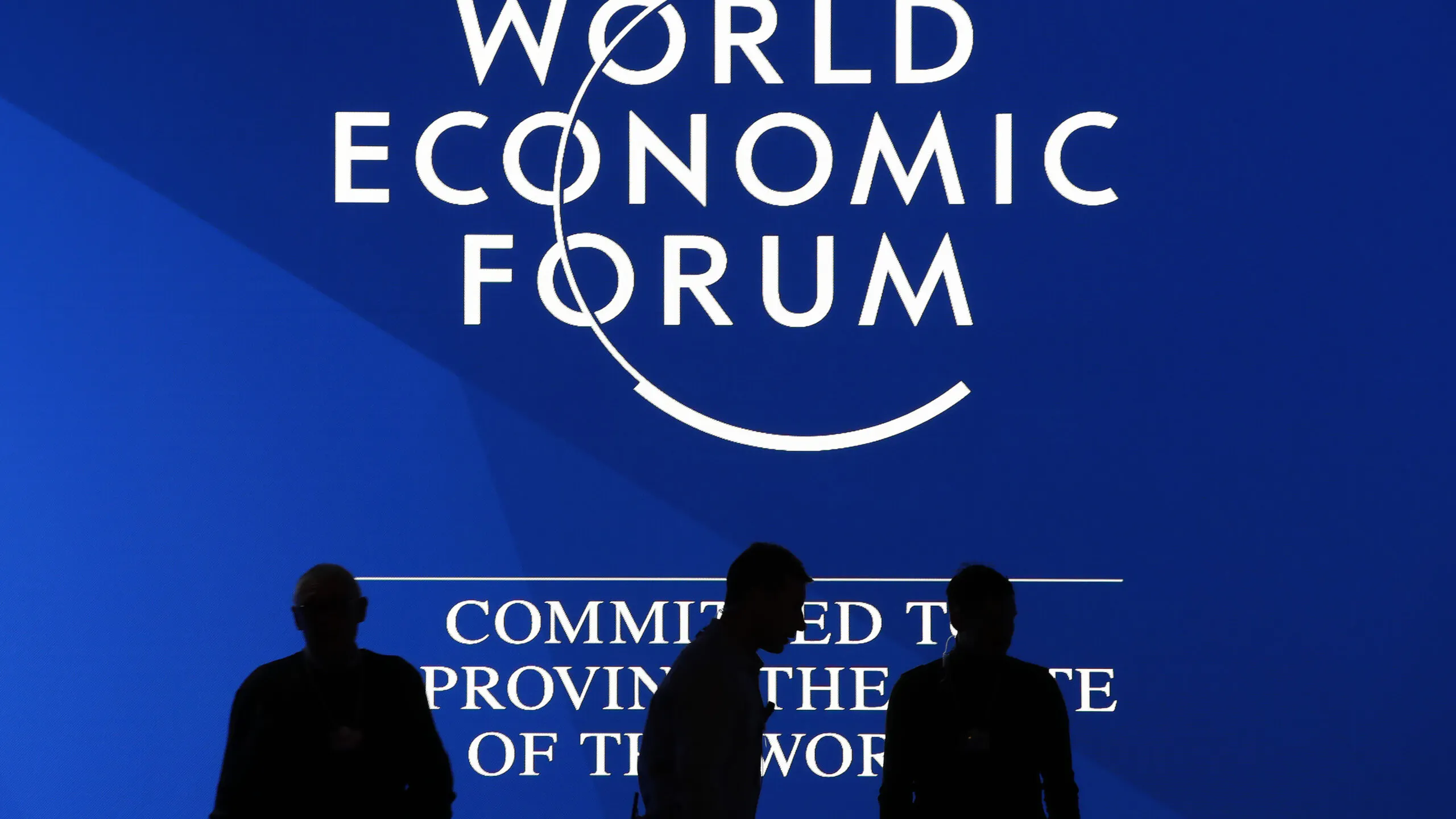Republican and Democratic officials discussed the future of bipartisan cooperation in the United States during the World Economic Forum in Davos, Switzerland.
The lawmakers spoke during a panel event centered upon policy priorities in the United States moderated by World Economic Forum President Børge Brende. The Republicans and Democrats, to various degrees, asserted that reaching toward the middle of the aisle is more effective for the country than catering to purported radicals, especially on the Right.
Sen. Chris Coons (D-DE) and Sen. Joe Manchin (D-WV) both affirmed that the United States would continue to aid Ukraine until they are victorious over Russia. The latter lawmaker stressed that the Inflation Reduction Act would increase energy security to help European allies facing power supply crunches. “The United States cannot be the greatest economy in the world, we cannot be the superpower of the world, if we do not have energy security,” he commented.
When discussing bipartisan compromise, Governor J.B. Pritzker (D-IL) claimed that there still remains a “pro-Russia” faction of the Republican Party: “I just don’t know where that stuff comes from other than QAnon.” Manchin added that open social media platforms increase partisanship.
Brende asked whether Democrats and Republicans would successfully find a compromise on the nation’s southern border. Sen. Kyrsten Sinema (I-AZ) answered by expressing support for increased border security. “The key is to create a system where we get to choose as a nation who we will invite into the country and who we will not. Right now, because our immigration security system is completely broken, we are not choosing who gets to come and who doesn’t. The cartels are choosing,” she said. “And that is not sustainable for our country.”
Rep. Maria Elvira Salazar (R-FL), who was one of several Republicans to attend the World Economic Forum despite skepticism toward the organization from conservatives, asserted that the United States cannot remain a superpower and support Europe without significant reforms to the immigration system. “I represent the Hispanics, which are the largest minority in the country,” she remarked. “The overwhelming majority of the people who are crossing the border as we speak are Hispanics and Latinos like I am. I believe that people like me in Congress should be the ones telling the rest of the political elite that it’s time for both parties to pay attention to something that for the last 35 years neither party has been able to do.”
Brende asked Governor Brian Kemp (R-GA) to discuss lackluster Republican performance in the most recent midterm elections; he emphasized his decision to run on his economic record. “I think the people of the state that I represent, which is a great one, they want to know the differences between the candidates, but they also want to know what we’re for,” he said.
Kemp likewise voiced his frustration regarding the fentanyl crisis, increased human trafficking, and other effects of lackluster border security. “Secure the dang border,” he exhorted lawmakers on the stage.
This year’s World Economic Forum conference features discussions about economic challenges such as record inflation, tensions arising from the Russian invasion of Ukraine, and renewable energy as a solution to climate change. World Economic Forum Chair Klaus Schwab has garnered worldwide notoriety for suggesting that the lockdown-induced recession presents an opportunity for elites to advance a “Great Reset” of the planet’s economic and social systems.

.png)
.png)

